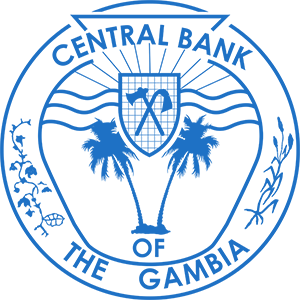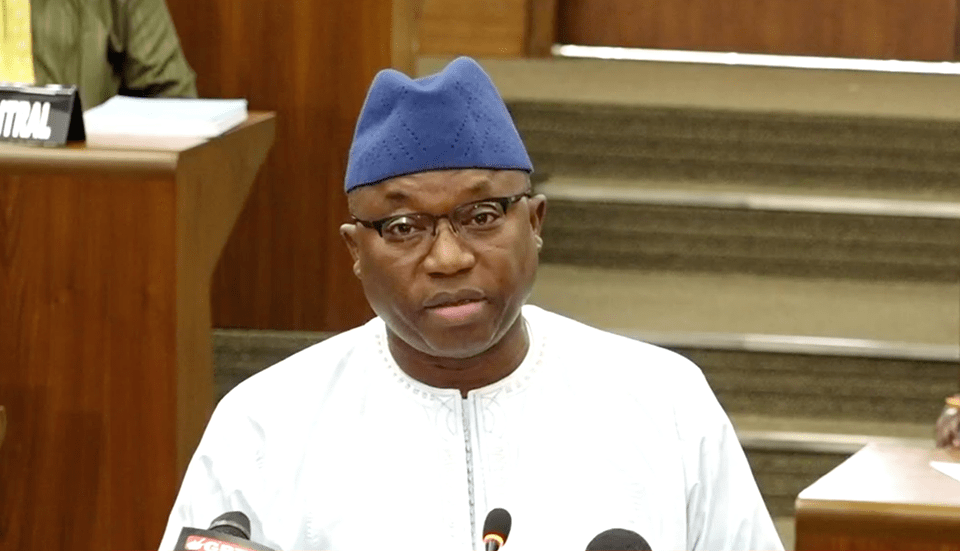By: Kemo Kanyi
The Central Bank of The Gambia (CBG) reported that commercial banks are the largest players in theforeign exchange market, accounting for a significant percentage of overall transaction volumes (purchases and sales).
It added that these players reduce the country’sunemployment rate.
The CBG also reported that foreign exchange bureaus are the second largest participants and, like banks, are engaged in purchases and sales of foreign currency. The bank said some foreign exchange bureaus serve as agents of MTO.
Working towards attaining transparency and fairness to all market participants, the CBG introduces the “Foreign Exchange Intervention Policy,” in line with the exchange rate policy of The Gambia and
the monetary policy framework.
“Consistent with the exchange rate regime, the CBG intervenes in the interbank foreign exchange market of The Gambia in accordance with its fundamental monetary and exchange rate policy objectives of ensuring price and exchange rate stability, taking into account the free-floating exchange rate regime to mitigate excessive volatility in the exchange rate and to maintain an adequate level of foreign currency reserves,” the CBG further reported.
It further stated that the Financial Markets Department (FMD) conducts market
intelligence on the demand and supply conditions in the domestic foreign exchange market and advises Senior Management. The management, CBG said,could grant approval or otherwise for an intervention on either side of the market.
The CBG acknowledged that foreign exchange market participants significantly contribute to the improvement and stabilisation of countries’ economies.
In The Gambia, the Central Bank is responsible for putting up regulatory measures by publishing daily reference rates and weekly valuation rates. These are replaced by official exchange rates as indicated by CBG. They document the calculative methods for these exchange rates.
According to the Central Bank of the Gambia report, the foreign exchange market participants comprise licensed commercial banks, foreign exchange bureaus, microfinance institutions, mobile money operators, and money transfer operators (MTOs).





